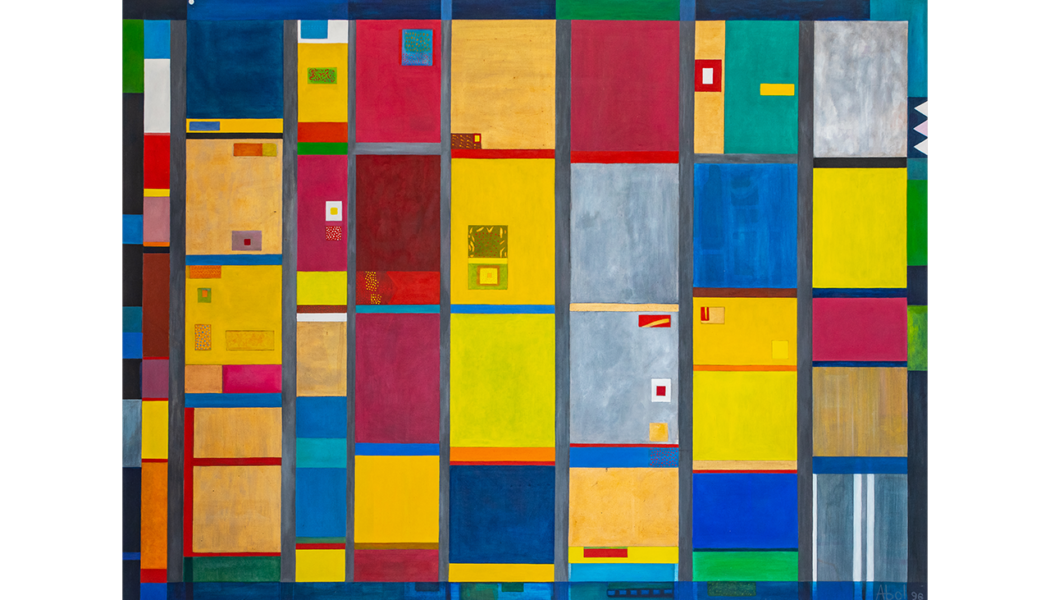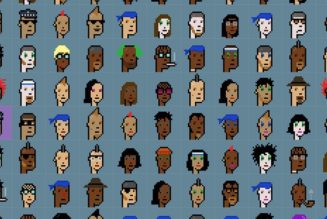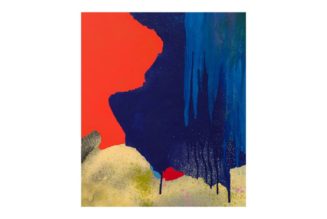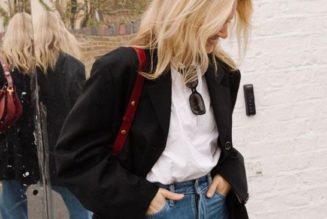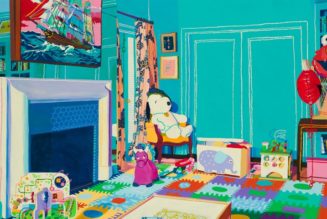For the first time ever, artist Abol Atighetchi will exhibit his 12 unpublished paintings from 1983 to 1992 at Oblong Contemporary Gallery in Dubai, UAE. The exhibition covers Atighetchi’s works of over 31 years from 1991 to 2022. Alongside his earliest paintings, “Les Iroquois”, “Rainbow Warrior” and “Squares”, he includes calligraphy and introduces his recent approach and appreciation of minimalism.
Abol Atighetchi’s art displays his journey across the world. Moving from Iran to the United States, France and back to Iran, the Persian artist represents his interpretation of different cultures including his vision of ancient populations from North and South America to African tribes, Papua New Guinea and the far East.
Atighetchi explored figurative paintings for years and in 1996, was inspired by his Persian roots and the works of poet Rumi to delve into calligraphy and integrate Persian culture into his work. The artist combines colors with large dimensions and deep compositions while continuously incorporating lines, dots and decorative elements.
HYPEBEAST speaks to the Iranian artist about his early styles, transitions and future endeavors. Read on to learn more about Abol Atighetchi and his artistic approach.
What inspired you to explore art and move from figurative paintings to calligraphy and now minimalism?
I started with figurative paintings and a friend of mine in France suggested I participate in auctions in Paris. I took part, sent three paintings and sold all three. From there, a gallery owner purchased 10 paintings from me every year and that’s how I got started.
“I have strong roots and I’m attached to Iran so, I wanted to introduce my culture into my paintings.”
I continued painting and selling and after 10 years in France, I went back to Iran. I always loved calligraphy because of the lines – I’ve used lines in a lot of my work. So, I started looking into it and understanding the movement of the pen. I never went to school to study calligraphy because I didn’t want them to teach me the technique, I wanted to do it my way.
My first calligraphy paintings were not so good. It took about three years until I was able to execute it seriously. I started with Thuluth and Naskh and transitioned into Nastaligh and eventually developed my own style.
“I’m not exploring my own style to be different or to stand out, I’m just doing what makes me happy.”
Your most recent approach is minimalism. How has that transition been?
It’s difficult. Minimalism is really difficult. You can’t use too many details and you have explain the most while using the least. It’s a challenge, but I know I’ll succeed.
I don’t think I will explore another style after minimalism because it’s such a wide field that it will take me the rest of my life. I’ve done everything I’ve wanted to – calligraphy, post-modernism, figurative and the final step is minimalism.
Abol Atighetchi’s art is displayed at Oblong Contemporary Art Gallery in Bluewaters, Dubai, UAE till May 30 this year.
To check out more artists from the region, Abu Dhabi Art takes artists to Palazzo Franchetti for the first time.
[flexi-common-toolbar] [flexi-form class=”flexi_form_style” title=”Submit to Flexi” name=”my_form” ajax=”true”][flexi-form-tag type=”post_title” class=”fl-input” title=”Title” value=”” required=”true”][flexi-form-tag type=”category” title=”Select category”][flexi-form-tag type=”tag” title=”Insert tag”][flexi-form-tag type=”article” class=”fl-textarea” title=”Description” ][flexi-form-tag type=”file” title=”Select file” required=”true”][flexi-form-tag type=”submit” name=”submit” value=”Submit Now”] [/flexi-form]
